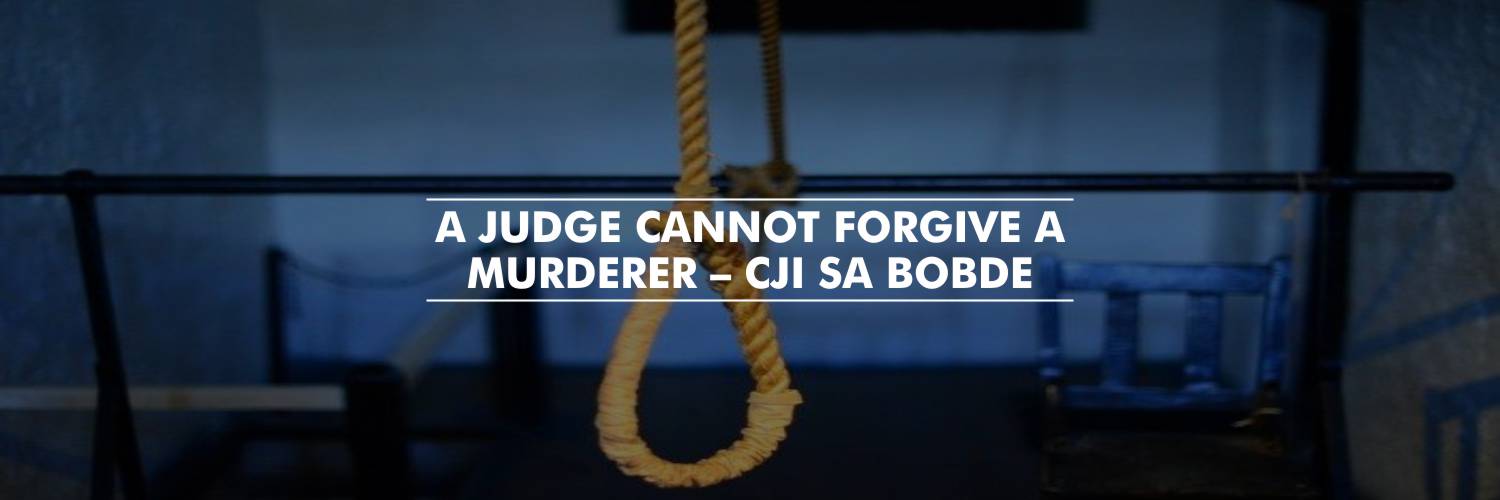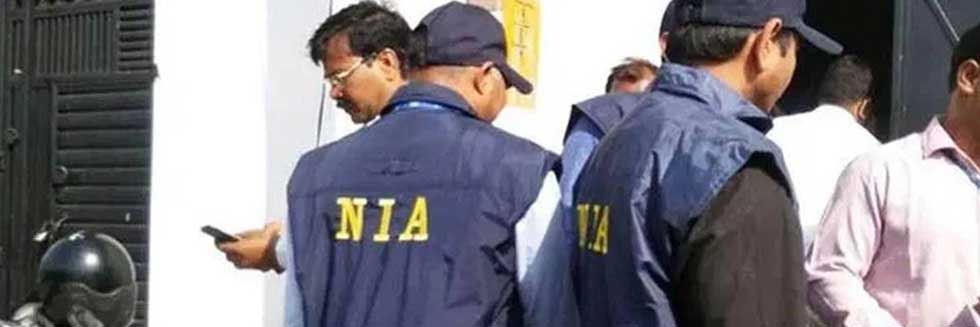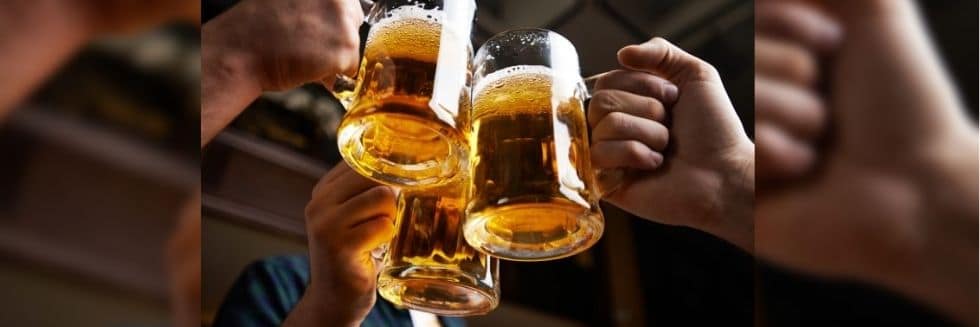A day after the Ministry of Home Affairs moved the Supreme Court seeking victim-centric guidelines in death-row cases, the Chief Justice of India, SA Bobde on 23 January stated that a death row convict cannot fight the death penalty endlessly and it was important for capital punishment to reach its finality.
“Courts punish crime. A judge, cannot forgive a murderer. Imagine a situation when a judge tells a murderer ‘yes, I forgive you!’ Imagine the impact!” he further asserted.
The CJI further added that the rights of the victims should be focused more and not just those of the accused. He cited that it was not for a judge to forgive a crime whose cardinal duty is to see if the punishment was proportionate to the crime.
“The law and judge act for society,” contended the CJI.
The above observations were held by the CJI Bobde, while hearing a petition filed by Shabnam and her partner, Salim, both of whom have been condemned to death for the murder of seven members of her family. In April 2008, they sedated the woman’s family and hacked them to death. However, in 2015, the SC revoked their execution warrant on grounds that the convicts were yet to exhaust their legal options.
During the hearing, the CJI asked Solicitor General Tushar Mehta that should a condemned person be spared the noose, who reforms after the death sentence has been awarded by a court.
“If that is accepted, there will be no death penalty. You can’t kill your parents and then claim mercy saying you are an orphan,” Solicitor General Tushar Mehta replied.
Complying with Mehta, CJI stated that “One cannot go on fighting endlessly for everything.”
Earlier, on 22 January, the Centre sought the Supreme Court for modification of Shatrughan Chauhan’s judgment which cited the rights available to death row convicts. Citing the delay in execution of the Nirbhaya convicts, the Ministry of Home Affairs asked the SC to provide guidelines for a death row convicts to file mercy plea within seven days from the date of receipt of a death warrant.
The Ministry of Home Affairs observed that the current rules which granted certain rights to the convicts are skewed in their favor, as they allowed them to “play with the law and delay execution.”






